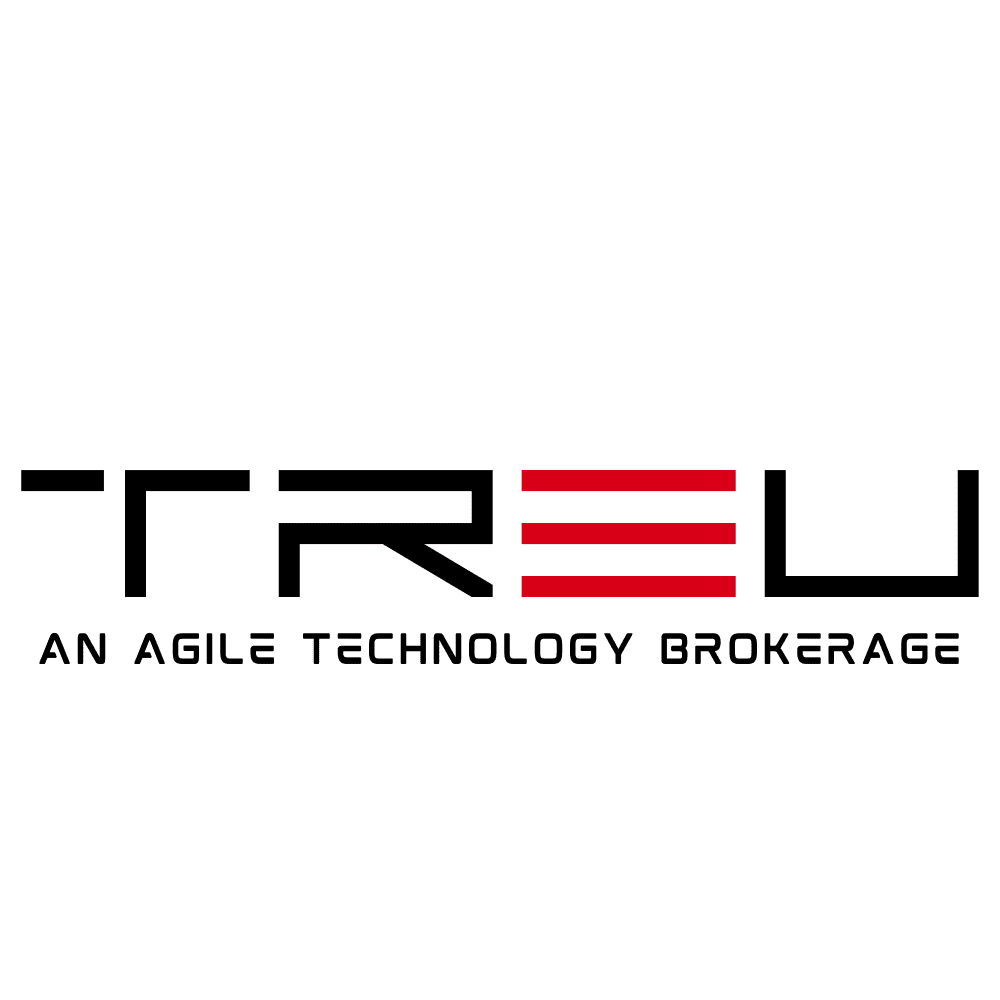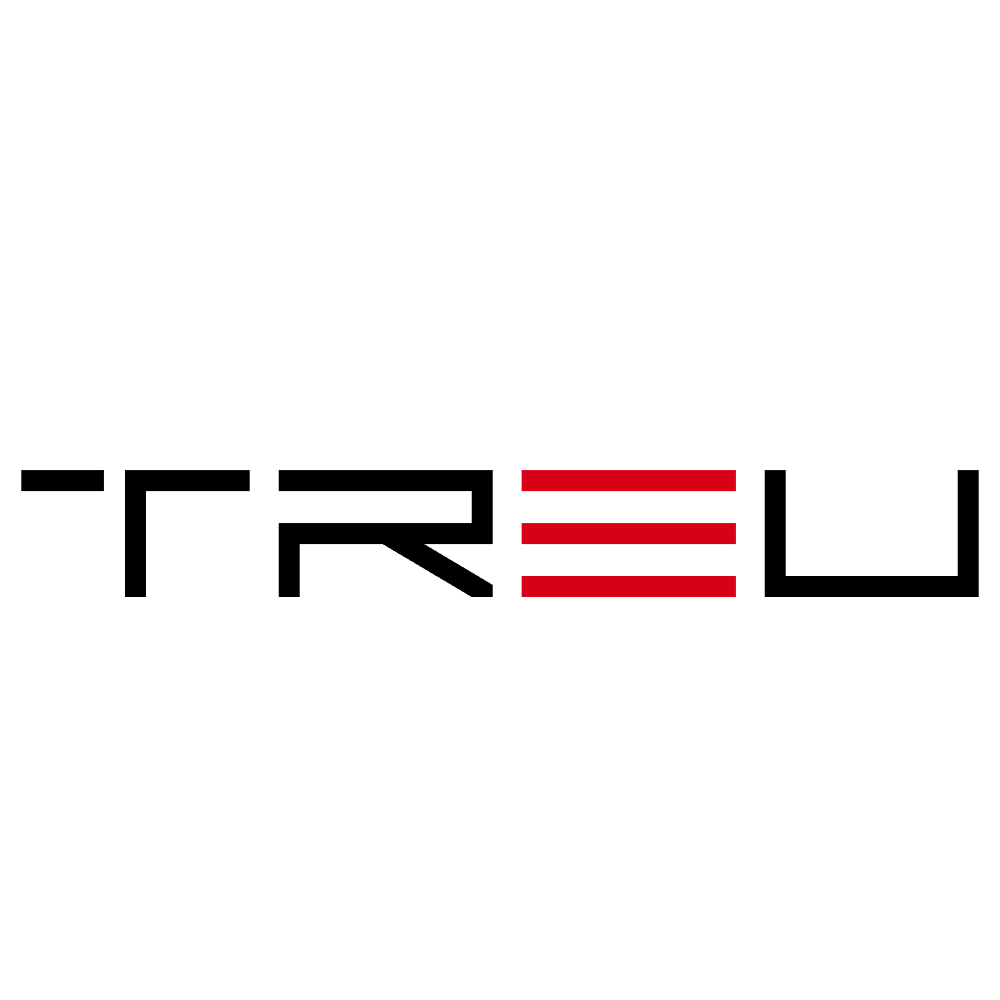AI Agents Shift to Action as Businesses Brace for Disruption
As artificial intelligence (AI) continues its rapid evolution, businesses are entering a transformative new phase. According to KPMG’s Q2 AI Pulse report for 2025, AI agents are no longer in the realm of experimentation. Instead, they are moving into deployment — driving real performance gains, enabling intelligent automation, and challenging traditional business models.
From Pilots to Practical Use
For the last several years, much of the discussion around AI focused on research, development, and proof-of-concept testing. Today, that landscape is changing. Enterprises are now embracing AI agents to handle complex, multi-step tasks autonomously. These AI agents are not confined to simple customer service bots — they’re taking on responsibilities such as:
- Managing internal workflows across departments
- Generating personalized marketing strategies
- Streamlining supply chain and logistics operations
- Enhancing real-time fraud detection and risk management
“We are at a tipping point,” according to Steve Chase, U.S. Consulting Leader at KPMG. “Companies are accelerating their use of AI agents to drive competitive advantage, lower costs, and increase productivity — but this shift demands new strategies and mindsets.”
AI Agents Are Now Business Assets
The modern AI agent is far more than a helpful assistant. Enterprises are building specialized agents that work in tandem with human staff to drive operational efficiencies. These intelligent digital ‘employees’ can act with autonomy, analyze vast datasets at lightning speed, and learn continually from new information.
Companies are beginning to treat AI agents not as tools, but as assets. This shift is leading to seismic changes in workforce planning, IT infrastructure, and even organizational culture.
The Industries Leading AI Agent Adoption
While AI agents are making their way across most industries, KPMG’s report highlights several sectors leading the charge:
- Retail: Personalized e-commerce experiences and automated customer engagement
- Banking and Financial Services: Real-time risk analysis, fraud detection, and investment strategy support
- Healthcare: Streamlined patient intake processes, diagnostics support, and drug discovery
- Manufacturing: Predictive maintenance and AI-led supply chain optimizations
In each of these sectors, AI agents are proving their value by accomplishing tasks that typically require multiple human employees – and completing them faster and more accurately.
Disruption Ahead: Are Businesses Ready?
As AI agent functionality expands, organizations are both excited and apprehensive. What makes this a pivotal moment is the recognition that AI is no longer supplementary — it’s becoming foundational. Businesses that fail to keep pace risk falling behind.
According to the KPMG report, CEOs and CIOs are increasingly focused on AI-readiness. That’s not just about technology; it’s also about talent, governance, and ethical deployment.
Key Areas Businesses Should Prioritize
- Upskilling the Workforce: As AI agents take over repetitive tasks, humans will need to focus more on strategy, creativity, and oversight.
- Redesigning Organizational Structures: Many companies are rethinking team configurations and decision-making hierarchies.
- Building a Robust AI Governance Framework: Transparency, data privacy, and compliance must become core considerations.
- Investing in AI Infrastructure: Legacy systems can bottleneck AI deployment. Scalable cloud platforms and data interoperability are key.
The Talent Crunch
One of the biggest obstacles to implementing AI agents company-wide isn’t tech — it’s people. There is a significant gap in AI literacy among mid-level managers and staff. KPMG found that while executives are keen to integrate AI, many employees still don’t fully understand the implications or capabilities of the technology.
This talent gap is leading more companies to invest in training programs and partner with external AI consultants. The goal? Bridging the divide between what AI can do and what employees are prepared for it to do.
Bringing Employees Along For the Ride
- Developing internal AI education workshops to improve understanding of agent capabilities
- Encouraging cross-functional collaboration to ensure AI complements — rather than replaces — human skill sets
- Promoting transparency so employees understand how deployed AI agents impact their roles
Morale and trust are mission-critical in the transition to AI-driven operations. Empowering teams by giving them a voice in AI deployments will help build long-term success.
AI Agents: The New Digital Workforce
With generative AI tools like large language models (LLMs) becoming increasingly sophisticated, AI agents are now capable of chain-of-thought reasoning, task decomposition, and even emotional recognition. What used to be simple decision trees are now dynamic, multimodal systems capable of real-world impact.
Companies leveraging this new generation of AI agents report benefits such as:
- Time savings of 30–60% on information processing and document reviews
- Enhanced decision-making through real-time data synthesis and contextual recommendations
- Improved customer experiences via responsive and adaptive interfaces
The Shift from Passive to Proactive Agents
We’re no longer talking about AI that waits for instructions. Intelligent agents are beginning to understand context, predict needs, and take initiative. This proactive approach is opening new workflows that weren’t previously automatable, particularly in knowledge-intensive environments such as research, law, and healthcare.
Ethical and Regulatory Considerations
As more AI agents interact with customers, stakeholders, and employees, transparency and fairness must be embedded into every layer of deployment. KPMG’s report emphasizes the importance of adopting “responsible AI by design”.
This means companies must invest in:
- Bias detection tools to ensure fairness in automated decision-making
- Auditability so decisions made by AI agents can be traced and explained
- Ethics committees to oversee AI development and deployment strategies
Globally, regulators are also catching up. With new policies from the EU and federal guidelines expected in the U.S., organizations must be proactive in developing governance that aligns with evolving standards.
The Road Ahead
The move from AI experimentation to AI execution is changing the fabric of business operations. AI agents are no longer hypothetical — they are active participants in value creation. Organizations that embrace this change thoughtfully will benefit from increased agility, innovation, and resilience.
As KPMG’s report notes, “The winners in 2025 and beyond will be those who build AI agents not only to enhance operations, but to drive strategic transformation.”
To succeed in this new landscape, businesses must act now — investing in talent, infrastructure, and ethical guardrails that support a future where humans and AI collaborate seamlessly.

